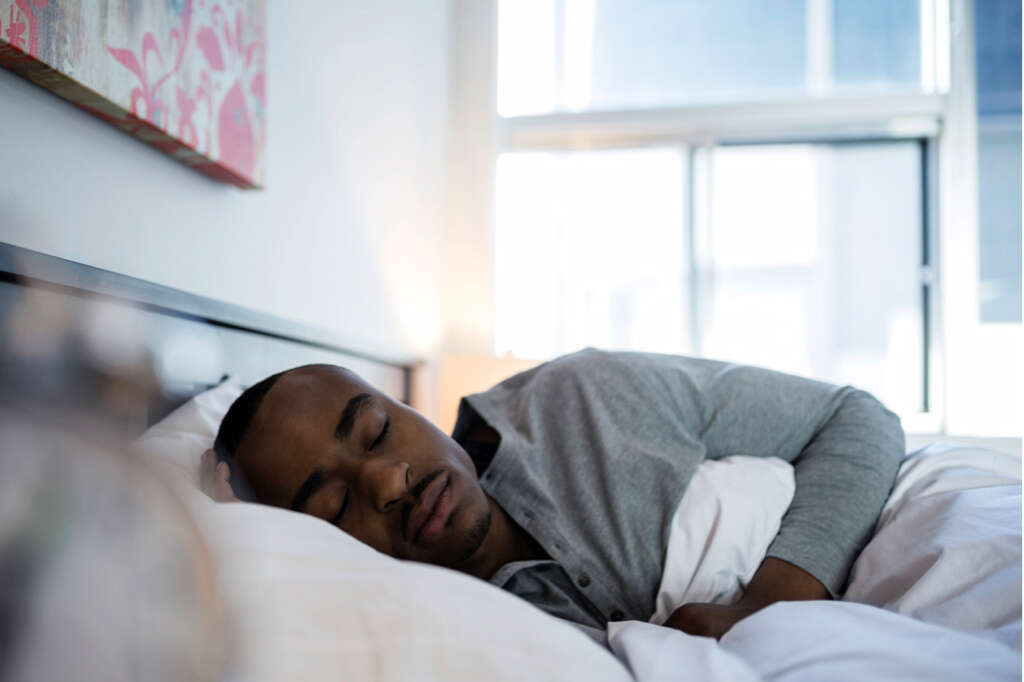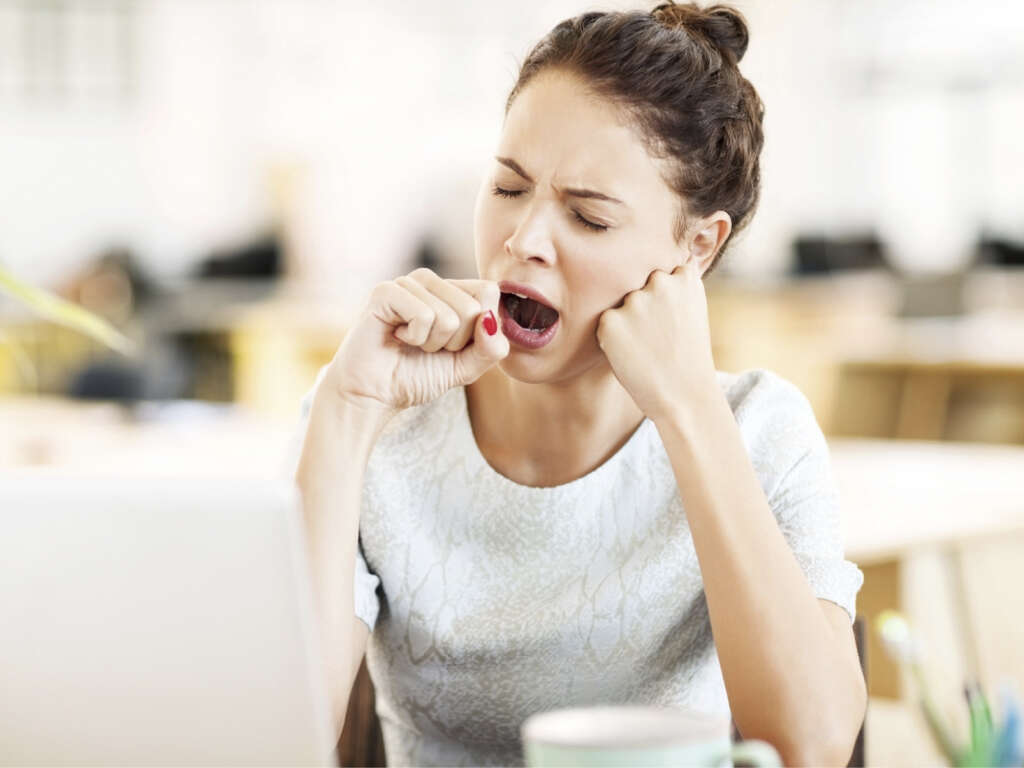Why Do We Sneeze?
Everybody sneezes. Some people are more prone to sneezing than others, but it is still a very natural phenomenon that affects everybody. It is also something that affects many other species. Much of the time, it is nothing more than a minor irritant but, for some people, a sneezing fit can be debilitating.
There are various reasons why we sneeze. It is an involuntary response so we cannot choose not to sneeze, but we can sometimes choose to avoid the triggers. Here’s a look at some of the reasons we sneeze and an insight into what we can do to prevent it sometimes.
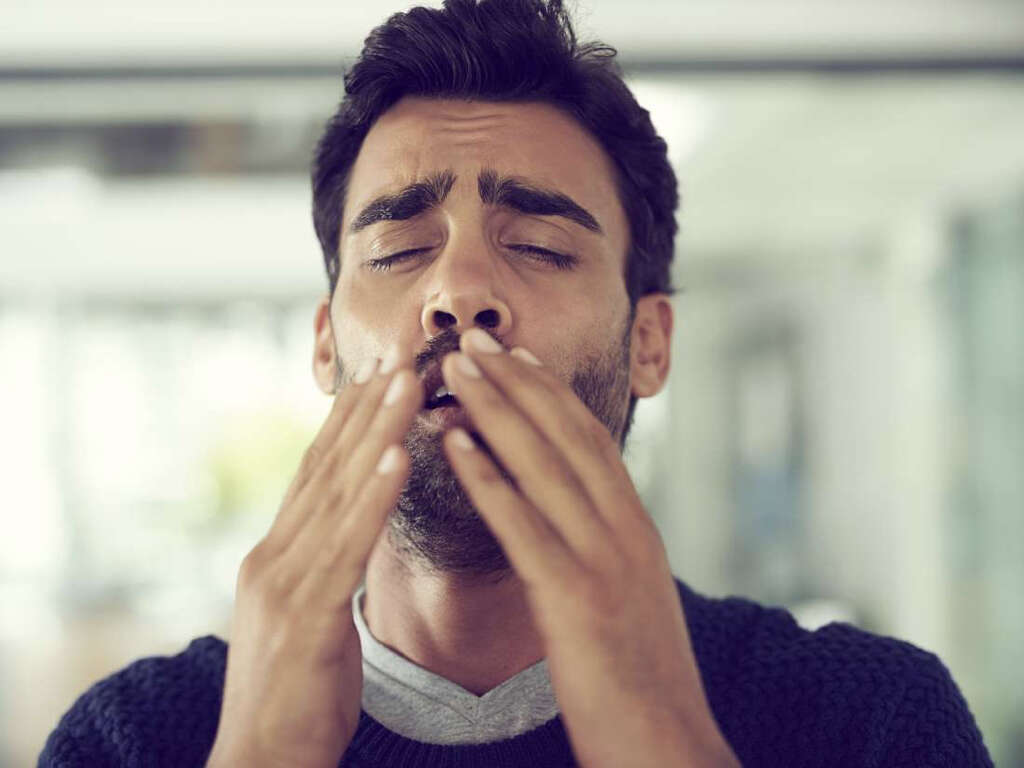
1. Nervous System
Our bodies are interlaced with an extensive network of nerves, and they all connect back to the brain and/or the spinal cord. This system is important because it allows us to give the brain important information such as whether or not the kettle that we have our hand on is hot.
The messages are sent to and from the brain using electrical impulse and they take just a moment to reach their destination. Our noses are also connected up to this system and, if something triggers a message to the brain, the brain will reply with a message that tells us to sneeze.

2. Resetting the System
The air that we breathe is often filled with pathogens and other potentially dangerous items. If these were to make their way to our lungs, it might make us quite ill. Thankfully, there is a system in place that helps to prevent these from making it to our lungs.
Our nasal passages do a good job at helping to trap unwanted particles and pathogens before they can make it to our lungs. The mucus that traps them can then be expelled, taking the particles and pathogens with it. Sometimes, we might sneeze to reset this system, making way for fresh mucus to keep the system operating fully operational.
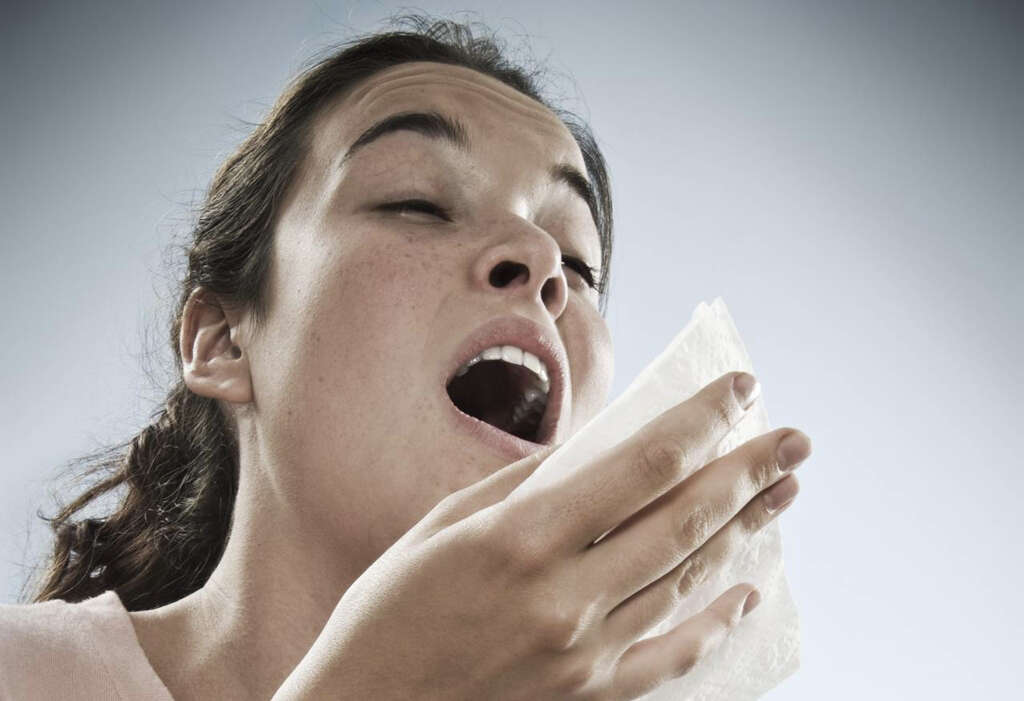
3. Protection against Illness
As mentioned, our nasal passages are very effective in helping to prevent unwanted items from reaching our lungs. Our nasal passages are lined with a sticky mucus that causes pathogens and particles to get stuck. When we sneeze, these particles are forced out of the nasal passage where they can do no harm.
While this system may help us individually, it has its flaws for the population overall. When we do sneeze, the mucus is forced out at great force and can reach surprising distances. This can actually encourage the spread of pathogens because other people are coming into contact with them after they have left our body.
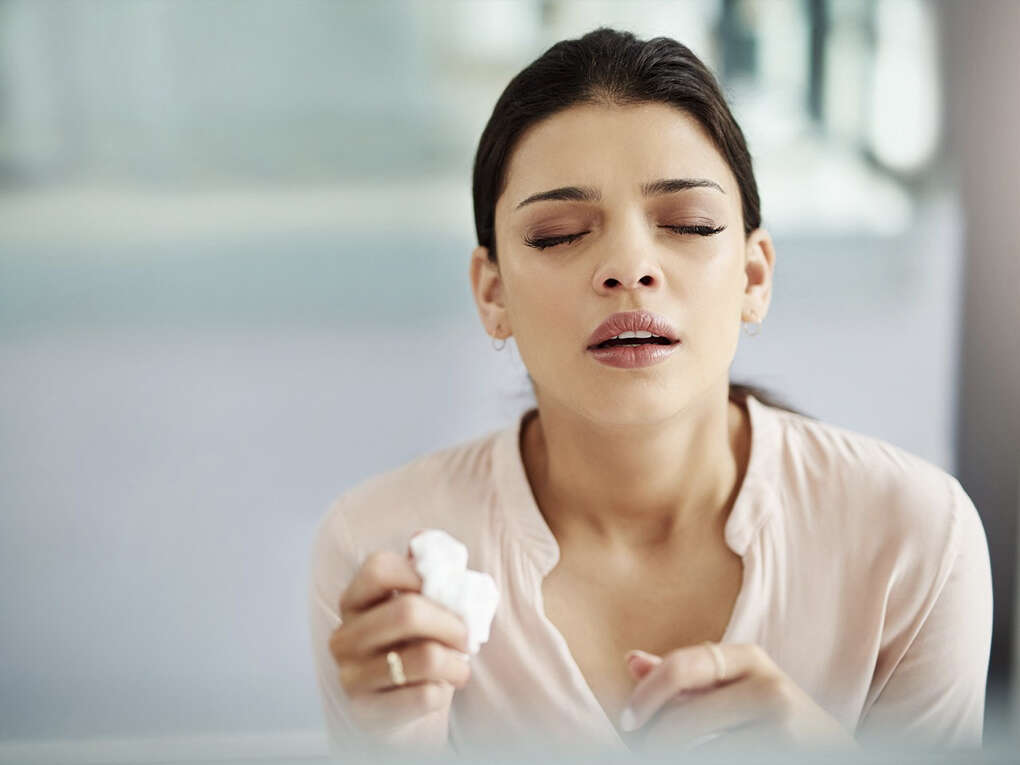
4. Irritants
Have you ever accidentally put too much pepper on your dinner only for it to get up your nose and cause you to start sneezing? Pepper is a stereotypical example but there are many others that will have the same effect. It can be quite uncomfortable at times, potentially causing sneezing fits that are out of control.
Sneezing fits that are caused by irritants can be very frustrating. The good news, however, is that they are unlikely to last for long. Once the irritant has been removed then the patient should stop sneezing. Just be sure that the irritant is no longer present to bother them again.
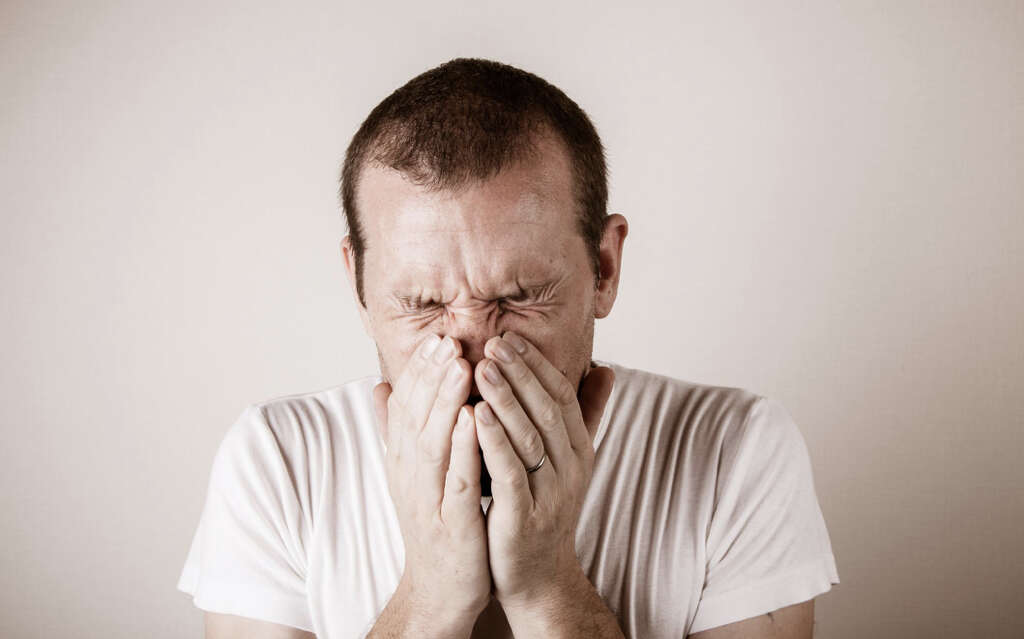
5. Allergies
For some of us, our bodies recognize otherwise harmless particles as something that might cause us harm. These are known as allergies, and an allergen is a particle that can trigger a reaction. There are many types of allergies and one of the most commonly experienced is hay fever. The symptoms of hay fever include a runny nose, watery and itchy eyes, coughing, fatigue and, of course, sneezing.
One of the main purposes of the symptoms of allergic reactions is to try to expel the allergen from the body. In sneezing, we will hopefully expel any allergens that have been inhaled into the nasal passage.
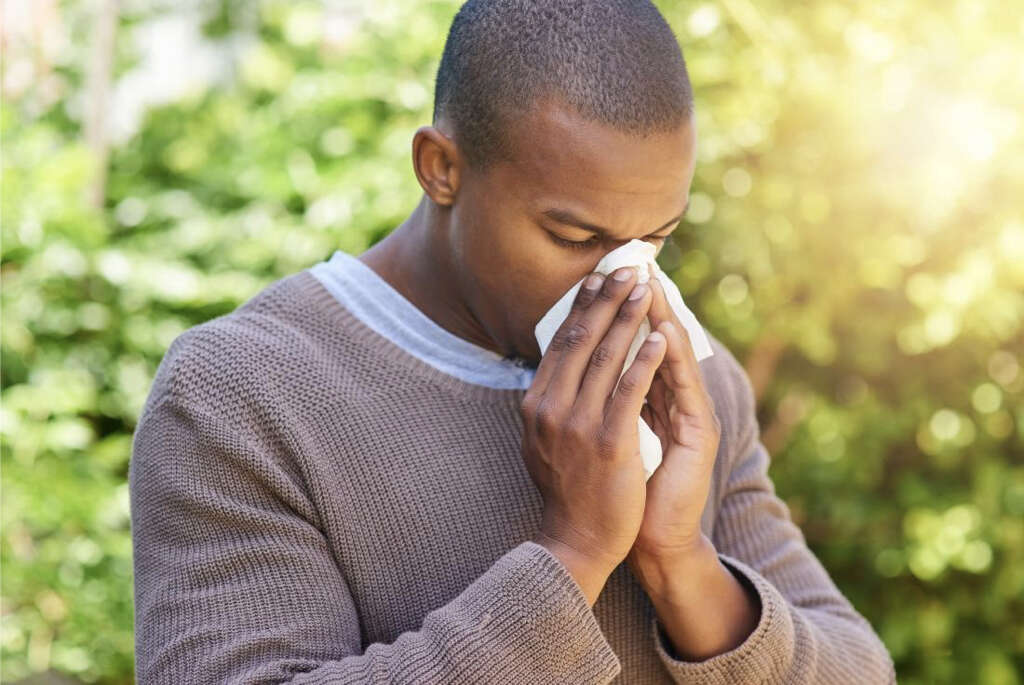
6. Sunlight
It is a fairly common phenomenon that looking into bright light will cause some people to sneeze. The technical medical term for the phenomenon is a photic sneeze reflex. Despite research into the phenomenon, we are still not completely sure of why this happens, but we do have some plausible ideas of what is behind it.
One plausible explanation is a crossing of the wiring of the central nervous system. When looking into a bright light, our pupils will automatically constrict to protect our eyes. It is possible that this crossed wiring means the reflex of constricting pupils also causes us to sneeze.
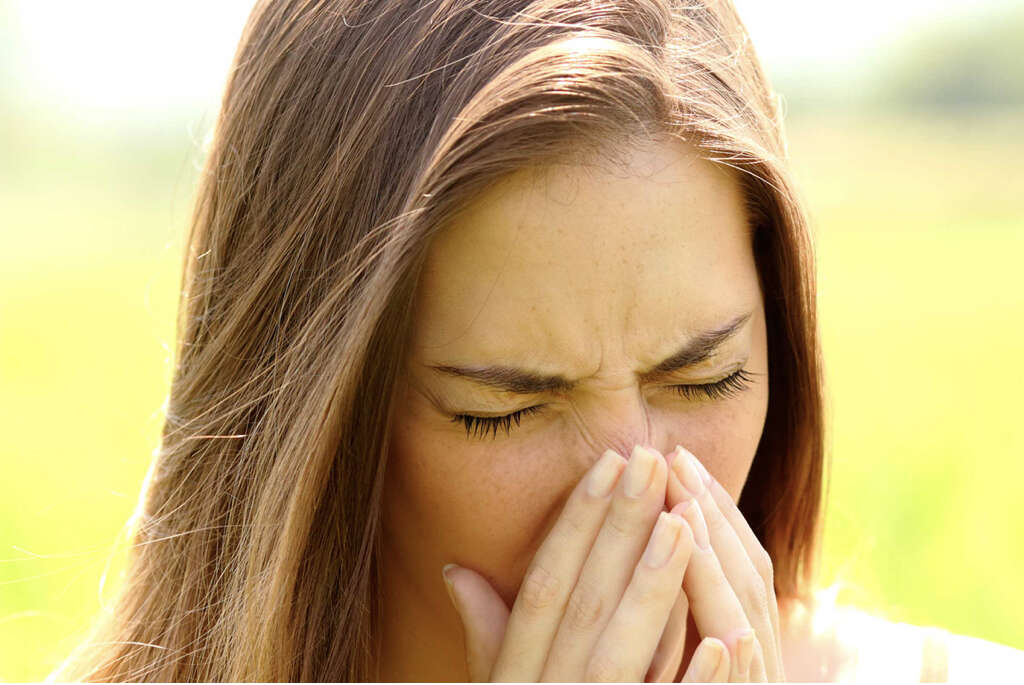
7. Sex
Sneezing can even be set off by the most unexpected activities including sex. You might not have noticed it yourself but a lot of people do tend to sneeze after the act. You might have even done it yourself sometimes and not noticed the correlation.
We are not completely sure why this happens, but some think it might be something to do with the parasympathetic nervous system. It is this that causes sex to be as pleasurable as it is, and the stimulation of this system might also be a trigger for sneezing. Some people might sneeze when they orgasm, while others might start sneezing just by having sexual thoughts.
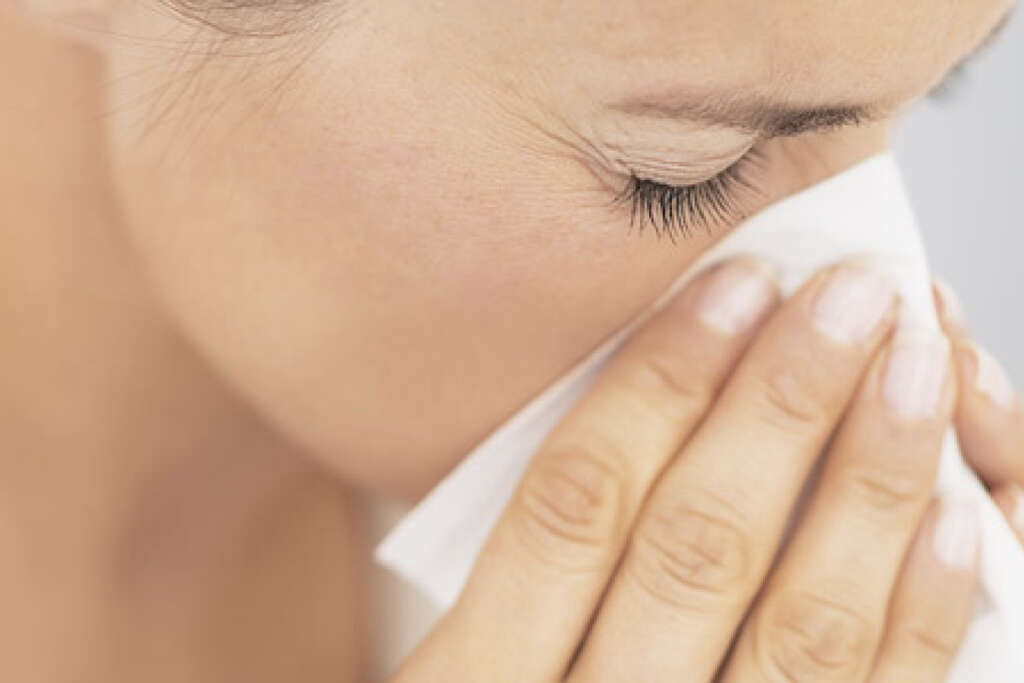
8. Exercise
Exercise is a great way to help keep you fit and healthy. It can help to keep the immune system strong and this, in turn, can help to prevent disease. In the short term, however, it can sometimes cause sneezing.
When we exercise, we tend to breathe more heavily as we try to meet our body’s increased demand for oxygen. This can cause our nasal passage to dry up and our nose will begin to drip as a result. This will, in turn, cause us to start sneezing. It is only temporary and the sneezing should stop shortly after you have recovered from your workout.

9. Closed Eyes
We have little to no control over sneezing. We can try to prevent the triggers but once the reflex is triggered then there is no stopping it. It can be inconvenient but, again, if it is going to happen then there is no stopping it.
There is also another motion in action when sneezing - we close our eyes. This is also involuntary and there is nothing we can do about it. This has led to some people speculating that our eyes would pop out of our head if our eyes were not closed, but this is simply not true.
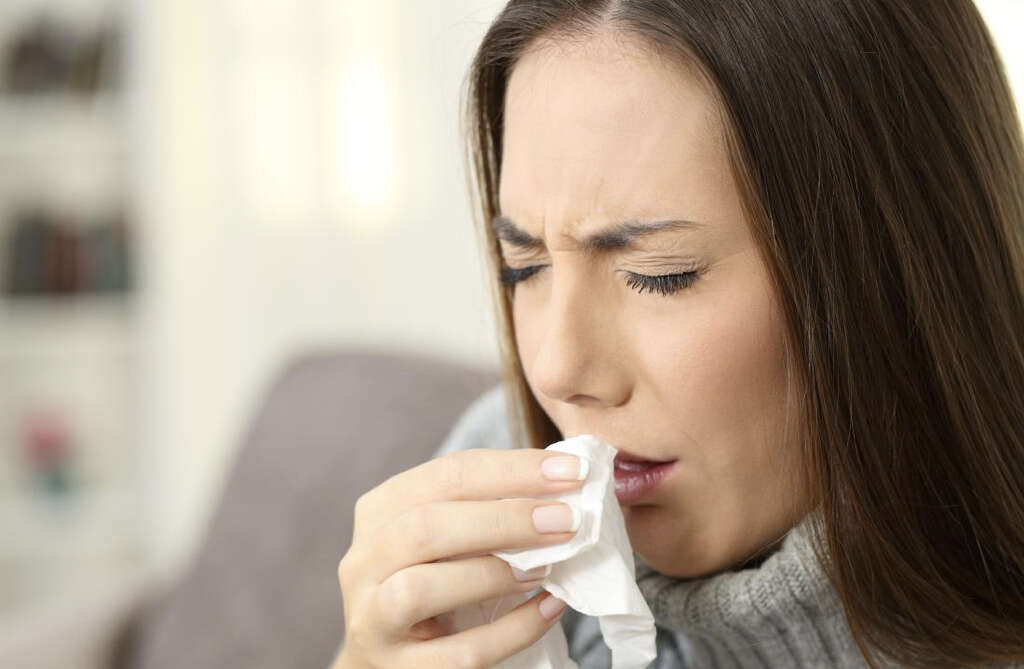
10. Sneezing in Sleep?
Some people sneeze more often than others do, and sleeping could be difficult for people that have sensitive noses. Sneezing might cause them to wake several times throughout the night, especially if they are ill, and this could mean they experience sleepless nights.
The good news is that when the rest of your body goes to sleep, so do the nerves in your nose. This means that none of us sneeze during our sleep, meaning that we get to enjoy a good nights sleep. We are still able to sense danger such as smoke, however, so we can still sleep safely.
